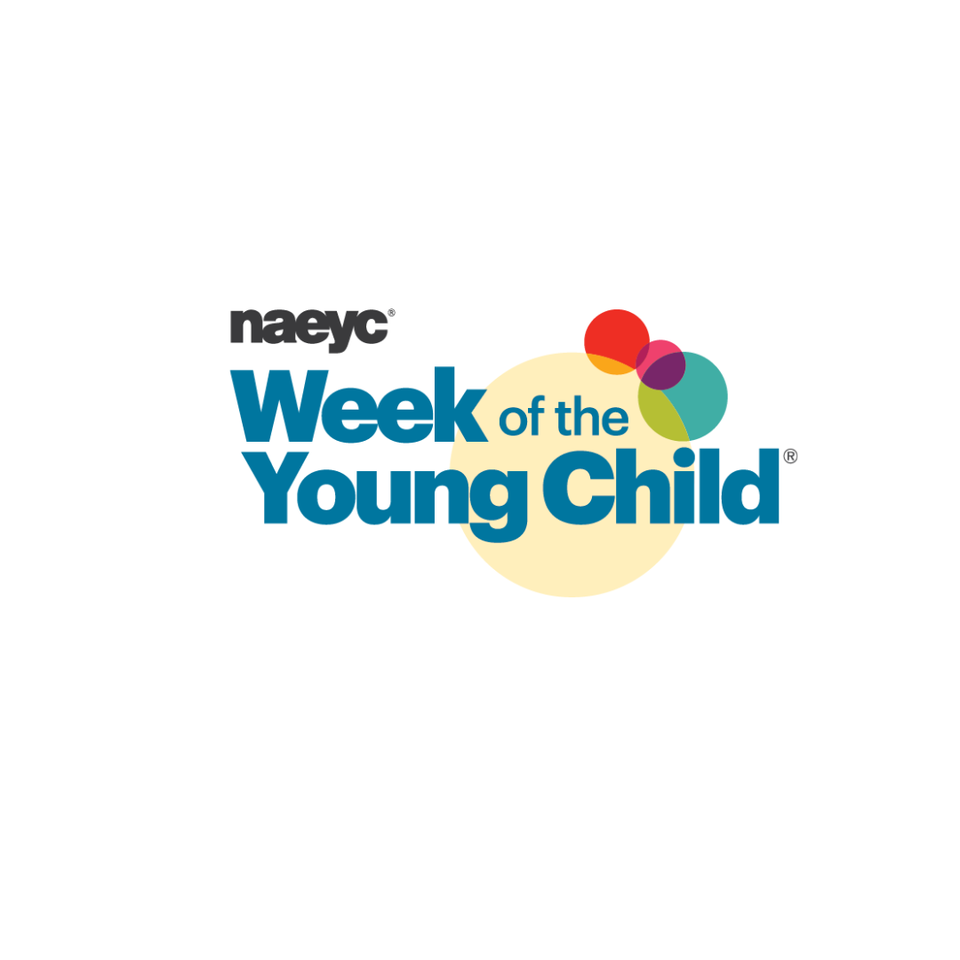Writing a message to your legislator on paper or via email is a good tool to have in your advocacy toolbox. A written message allows you to craft your words exactly how you want them.
If you don’t already know who your elected officials are, use this great resource to look them up and document their contact information. That way, you’ll be all set when you’re ready to communicate with them. Here are some ideas about when to reach out.
State your support or opposition to a specific piece of legislation
If there’s a bill up for discussion that you have an opinion about, write in to register your viewpoint. Staff of elected officials often count the amount of positive and negative reactions to a bill and share it with the official. It’s a good idea to share your personal or professional connection to the proposal if that applies. Make sure to state that you are a constituent.
I’m writing today as a constituent to ask you to sign on to the Child Care for Working Families Act. Child care plays an important role in the U.S. economy, helping to generate 15 million jobs and more than $500 billion in income annually. Yet, on average, millions of working families pay more for child care than they do for mortgage or rent, transportation, or even food every month.
That’s why it’s critical to fund child care programs, especially for low-income families, at a level where they can afford to continue working and support their family.
The Child Care for Working Families Act will increase the number of children who can access quality early learning programs. It will support the child care workforce through increased training and compensation, and it will improve the quality of care in a variety of program settings.
Please consider signing on to this important bill to support families. Thank you.
Educate them about the importance of early childhood care and education
If your legislator is new to the position, it might be helpful to educate them on the importance of quality care. If they don’t usually focus on the issue, writing a letter can help bring it to their attention. Or, maybe you want to share recent research or a report. Sharing your knowledge about the field is important, and it is a great launching point to talk more robustly with your officials about early childhood education.
As a constituent and an Early Childhood Educator, I’d like to call your attention to the recent report about my profession, the Unifying Framework. It lays out a vision for how to achieve significant and sustained public investments that will allow all children, birth through age 8, to benefit from high-quality early childhood education provided by well-prepared, diverse, supported, and compensated professionals. This work will take partnership between those in the field and policymakers in order to achieve the goals. This information is especially relevant because of your role on the higher education committee.
I hope you will take time to review the summary and full report. I would be happy to talk to you more about it and discuss how we can work together. Thank you.
Set up a meeting
Schedule a tour of your program or an in-person meeting with your legislator by sending an email. A phone call is often a speedier way to accomplish this, but an email should do the trick. They may ask for your specific address and what you’d like to talk about, so it’s helpful to include those.
Hi, my name is Name and I’m a constituent. (I live at 10 Yorkton Court, Saint Paul 55117). I’m a family child care provider, and I’d like to schedule a meeting to discuss some challenges and solutions that I’m facing in caring for children in our community. Afternoons are generally best for me. Could we please set up a meeting in the next couple of weeks? Thank you, Name
Show gratitude
Did you elected official just stand up for early care and education? Did they vote in favor of the legislation you supported? If so, it’s a great time to send a thank you note. This is where a written letter can be even better than an email. Legislating is challenging, and it’s nice to be recognized for a job well done. Take a moment to write a thank you note when your elected official supports children and families in a meaningful way. Bonus: include art work from children in your program.
Thank you for voting for in support of the child care legislation (include bill number if applicable). As an early childhood educator in your district, I appreciate your work on this issue. The funding in this bill will support children in our community to attend programs that support their development and help them thrive. Thank you so much for your work on this issue. I appreciate it.
Use written communication as a way to further and supplement other advocacy actions you’re taking. A message doesn’t have to be long to be worthwhile—a concise letter is a great way to keep in touch or pass along a little bit of information. Start writing today!
If you’re looking for more ideas about what to write, there is a template on page 21 of the Ounce’s Advocacy Toolkit.
By Marie Huey, Public Policy & Advocacy Staff Leader








